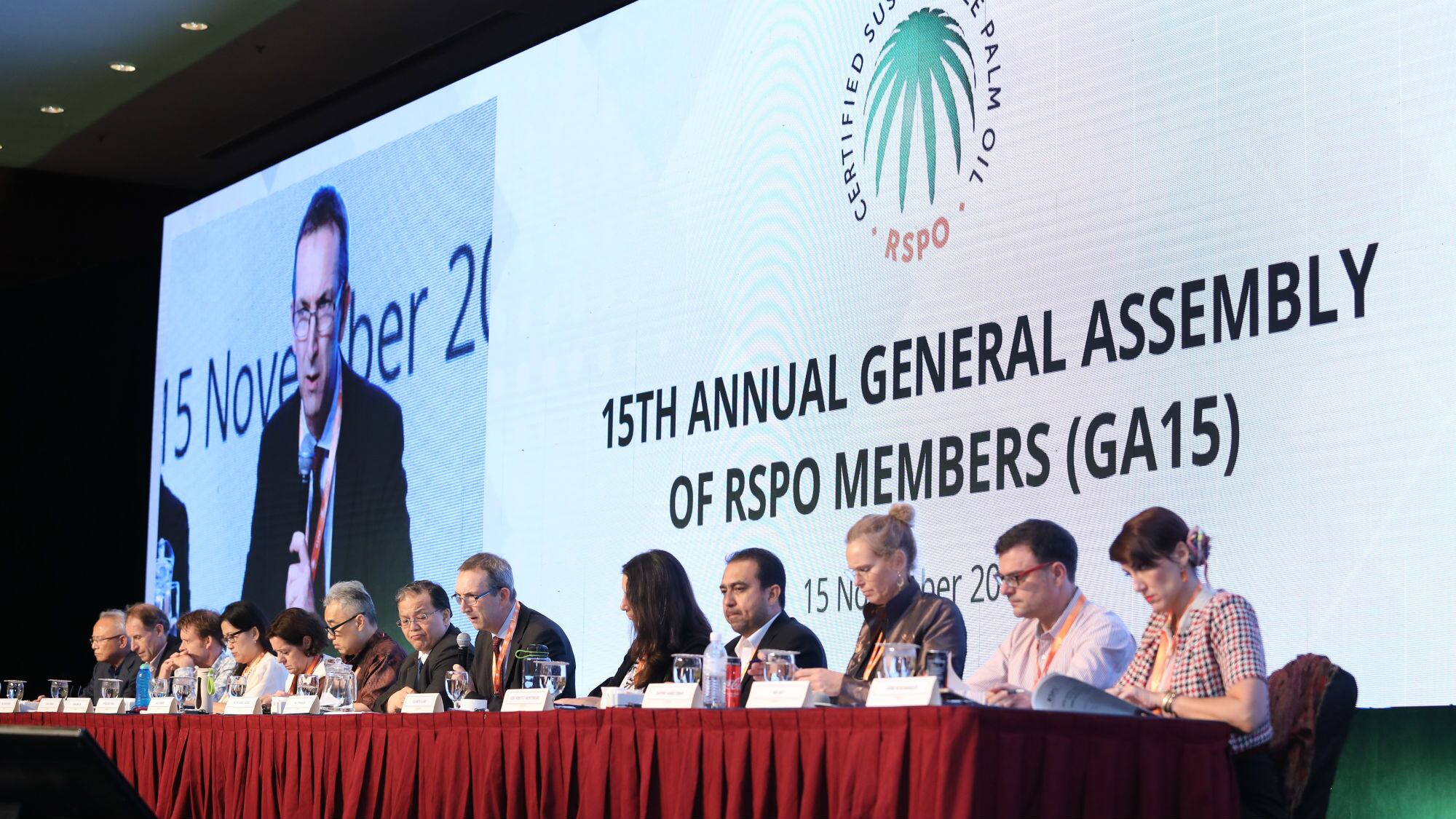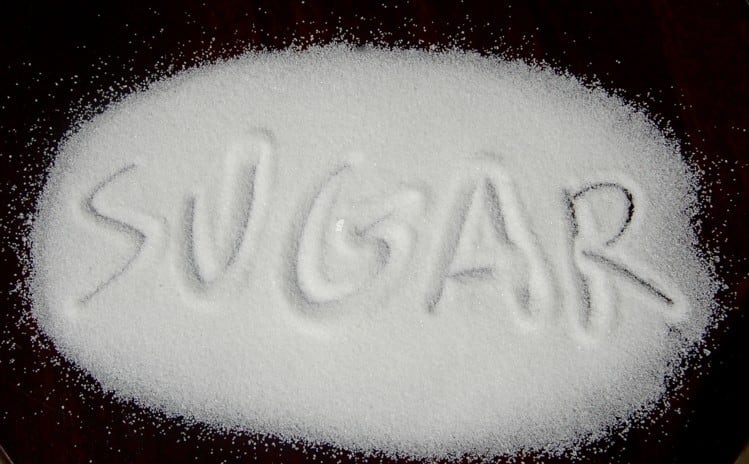Food firms will need to ascertain that palm oil sources used in products meet the new standards in order for these to be recognised as sustainable by RSPO standards.
Speaking at the Annual Roundtable Conference on Sustainable Palm Oil (RT16), sustainability experts who participated in various aspects of the review revealed some of the top changes that would take place as a result of what has been described as the ‘most consultative review process ever’.
“[We spoke to and consulted with] over 11,500 individual stakeholders in 18 face-to-face events in 13 countries, and held two 60-day public consultations. […] This can be considered the most consultative review process ever held for any commodity,” said Dato’ Darrel Webber, RSPO CEO.
The new certification standards are dubbed the ‘RSPO Principles and Criteria (P&C) 2018’, and were ratified following a General Assembly vote at the RT16 in Sabah last week.
The expert panel comprised of: Bilge Daldeniz (Proforest), Tulio Dias (Agropalma Group), Audrey Lee (Olam International), Perpetua George (Wilmar International) and Faizal Parish (Global Environment Centre). Moderating the session was Elizabeth Clarke, Global Palm Oil Lead, WWF.
Here, we bring you some of the top takeaways from the session.
No more planting on peat
Oil palms can no longer be planted on peat after November 2018, regardless of the depth of the peat.
“This [ban] will be enforced for both new and existing plantations,” said Parish.
“Additionally, all RSPO companies will need to document [any existing planting on peat] and share this with the RSPO secretariat for review.
“All remained unplanted peatland areas must also be designated as peatland conservation areas.”
A major environmental risk that peatlands carry is if these catch fire. According to the United Nations, peatland fires make up some 5% of human-caused carbon emissions.
A dramatic example was that of the 2015 peatland fire in Indonesia, caused by local farmers clearing land for plantations.
“Replanting [on peat] will only be allowed after an updated 2018 version of the drainability assessment is completed, and it is confirmed that there is no risk of flooding or saline intrusion,” added Parish.
“Next, they need to look at phasing out the plantation on peat 40 years before reaching the drainage limit (which is when the peat can no longer drain by gravity, carrying severe flooding and saline intrusion issues).”
No deforestation
Deforestation is another major issue that the palm oil industry has consistently been facing in the past, and the new P&C hopes to tackle that.
“Deforestation in both High Conservation Value (HCV) forest, as well as High Carbon Stock (HCS) forest will no longer be allowed,” said Lee.
HCV and HCS are essentially just approaches used to differentiate natural, primary forest area from others, in order to ensure its conservation. Both types of forest mentioned are to be identified, then put under protection or enhancement.
Smallholders’ inclusion
For smallholder certification, the RSPO has decided to set out a whole new separate track for this group. These will be a new set of standards, which will be voted upon in 2019.
“[This] will recognize the differences between smallholders and large-scale plantations,” said George.
“Of the 15 million hectares of palm area globally, just four million is RSPO-certified. Of this, only 400,000 hectares are smallholder-owned. That’s just 3%.
“Similarly, of 60 million tons of palm oil produced worldwide, 12 million is RSPO-certified, but of this, only 1.5 million (2.5% global production) is smallholder-owned. “ [This shows] there is a long way to go,” she added.
“The challenge has always been that if you take a certification system designed for large-scale plantation companies and try to adjust that for smallholders, you need to achieve balance for various issues [so as not to allow too much or too little, hence the new standards].”





